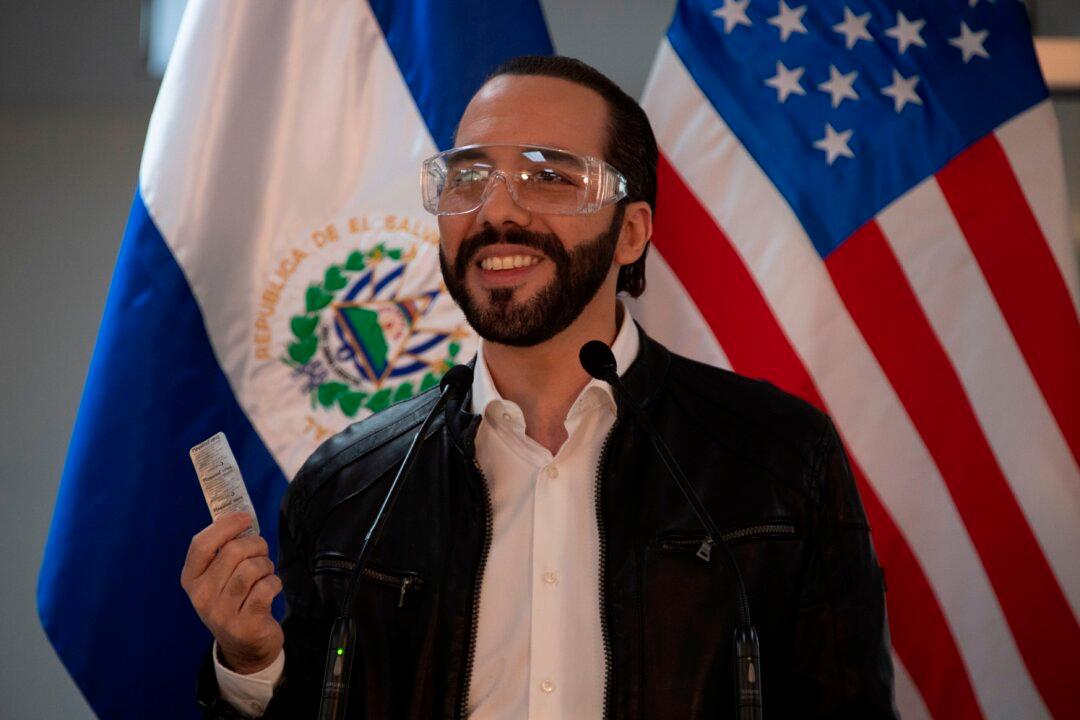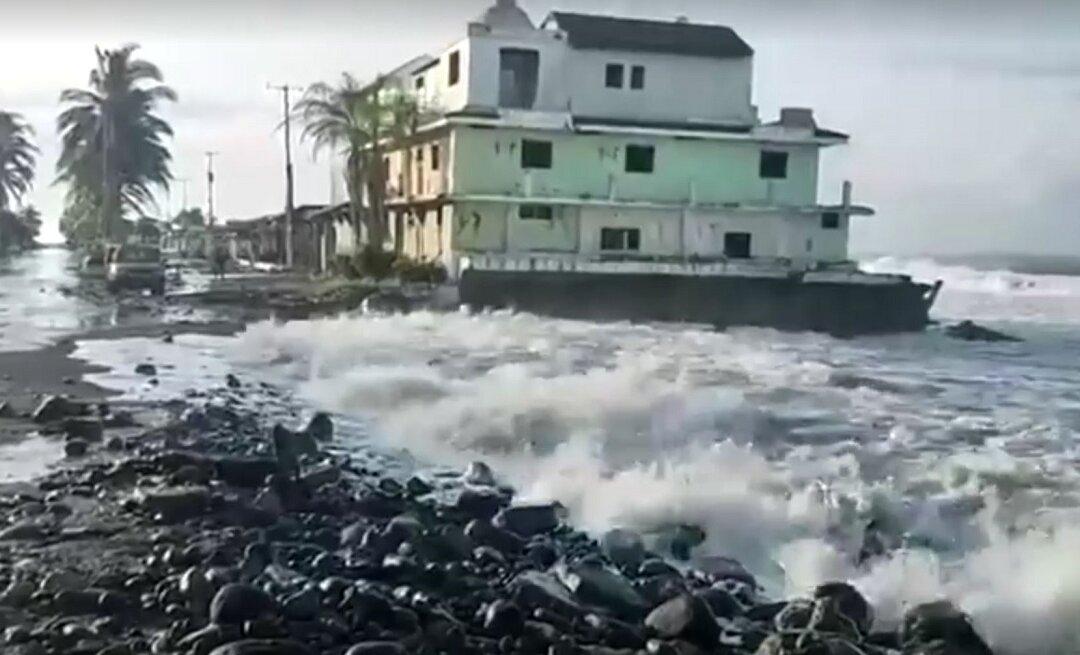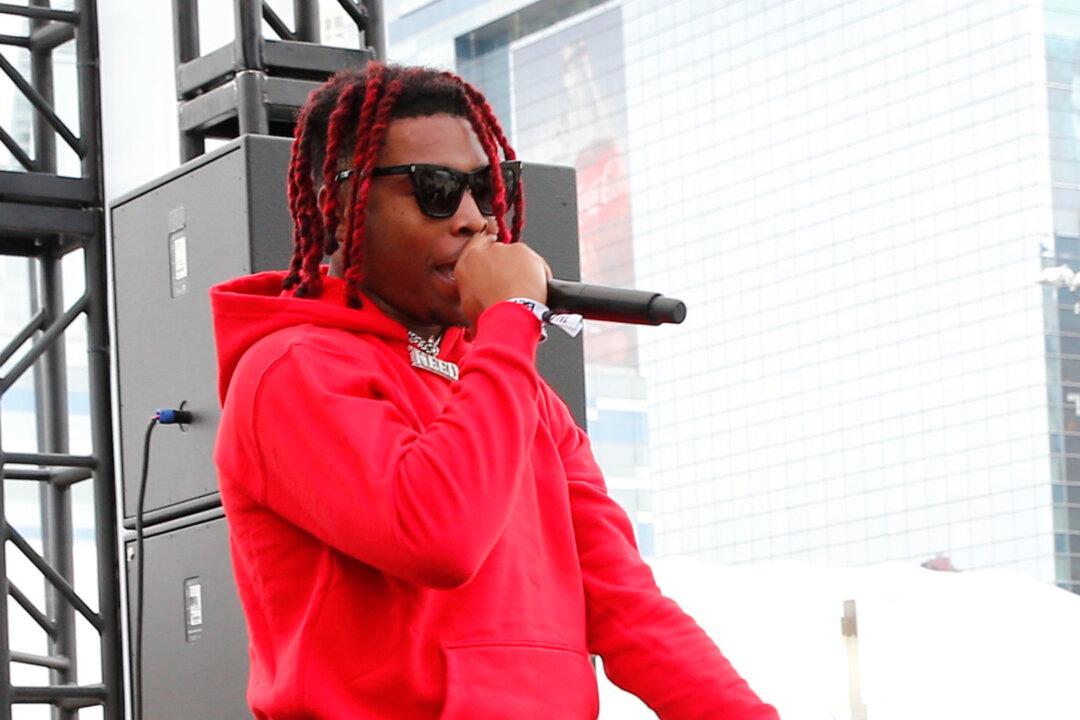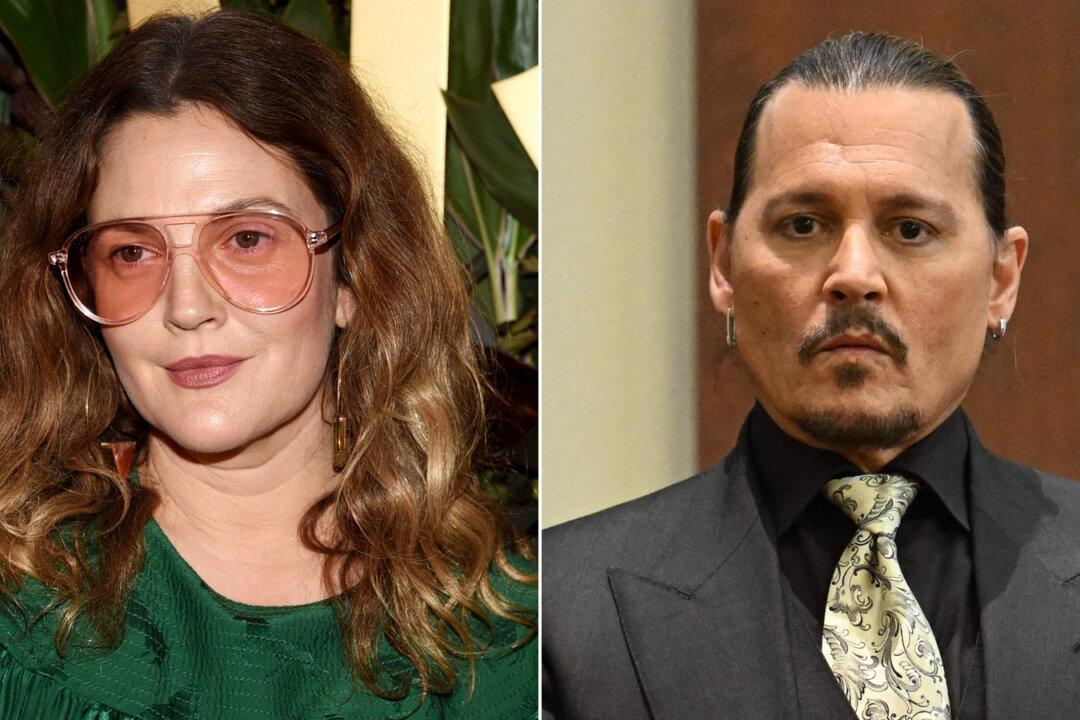Salvadoran President Nayib Bukele said May 26 he uses hydroxychloroquine, the anti-malarial drug touted by U.S. President Donald Trump as a potential cure of CCP (Chinese Communist Party) virus, commonly known as novel coronavirus.
Some health experts in the United States have questioned its efficacy and have warned of potential side-effects, while a study by researchers in India have reported that the drug has been effective in preventing infections of the CCP virus.




